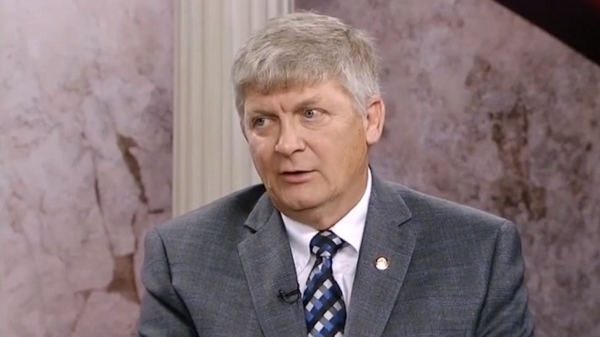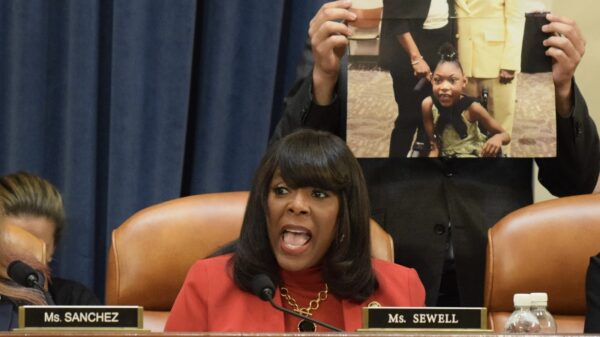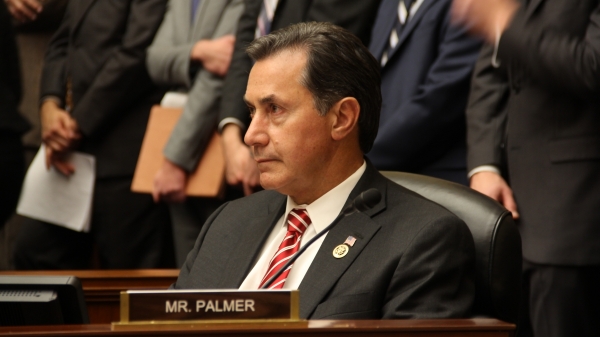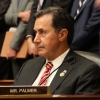When the Alabama Legislature passed a law last session prohibiting teachers in kindergarten through fifth grade from leading discussion on sexual orientation and gender identity, it tasked the state Board of Education with implementing and enforcing the new policy.
But the board added language last week that merely required local school boards to report any formal disciplinary actions taken to the state board; no specific consequences were laid out.
State superintendent Eric Mackey explained to APR that the state board does not make any decisions to fire or suspend teachers, but does control their certification.
“As a local school board, they are an employer, so there are a lot of options open to them right up to termination for any violation of board policy or the law,” Mackey said. “We don’t control employment at all. We don’t discipline teachers. We don’t hire teachers. What we control are the certificates.”
The new board of education rule clarifies that disciplinary actions taken in response to violations of the law should be reported to the state board, but Mackey said other language would already cover that as well. This language, he said, just adds clarity to that rule.
At this time, Mackey said he is not aware of any teachers who have been reported to the state board for violating the law, although there is an adjudication process before it gets to Mackey that he would not be aware of. The law went into effect at the beginning of this school year.
Critics of the bill have said that the legislation is merely a scare tactic and is not in response to any teaching happening in Alabama classrooms. Proponents of the bill have responded that the law should not be a problem if no violations are occurring.
Other critics, including two who spoke at last week’s board meeting, also argue that the law is too vague, stating only that teachers must refrain from giving instruction or leading discussion on gender identity and sexual orientation when not “developmentally appropriate.”
“One person asked if we would develop a list of what’s appropriate and inappropriate,” Mackey said. “There’s no way to do that.”
Citing his experience as a teacher and principal, Mackey said he couldn’t think of many instances in which a conversation discussion sexual orientation or gender identity would be appropriate for the given age group.
“If students are discussing a family with a mom and a dad, and somebody says ‘I have two mommies,’ the teacher would be out of line to drop what they were doing and have a discussion about why Sally has two mommies and others don’t,” Mackey said. “The teacher should politely, without ridiculing the child, put that aside — say something like ‘Every family is different Sally, but we’re going to get back to our lesson.”
Conversely, Mackey said if a student came in talking about how their parents said another student’s homosexual parents were “living in sin,” it would be just as inappropriate for a teacher to hold a discussion on why they agree with that sentiment.
“Teachers should know never to ridicule children or put them in a defensive position,” Mackey said.
Mackey said in his experience, that a principal would likely deal with it locally first if a teacher crossed the line, and noted that verbal reprimands are not formal disciplinary actions that would need to be reported to the board. Continued violation of any board policy or Alabama law is what Mackey said would lead to the teacher being brought before the local school board for potential disciplinary action, which could vary depending on the perceived severity of the violation.























































